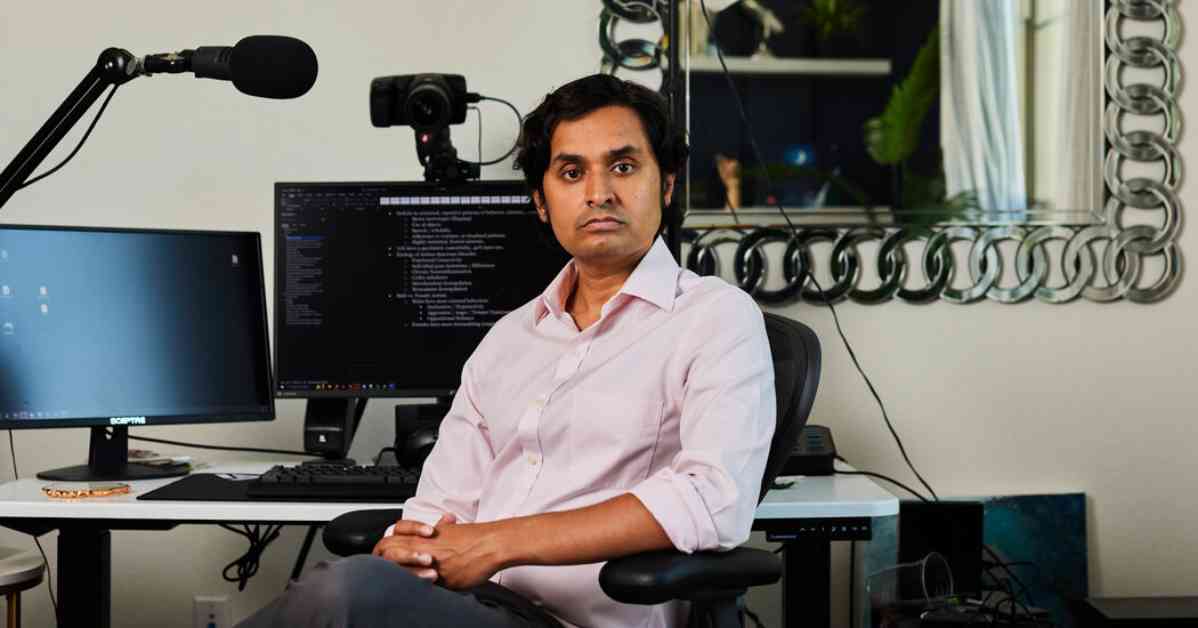Dr. Alok Kanojia, also known as Dr. K, engaged in a series of livestreamed conversations with Byron Bernstein, a popular video game champion known as Reckful. While Dr. K clarified that these conversations were not therapy sessions, they delved into deep and personal topics, including Mr. Bernstein’s struggles with mental health, his brother’s suicide, and his own suicide attempt.
The conversations were watched by thousands of viewers on Twitch, showcasing a vulnerable and honest exchange between a troubled individual and a compassionate psychiatrist. Despite the positive impact these conversations seemed to have on Mr. Bernstein, tragically, he died by suicide at the age of 31 a few months after the last conversation with Dr. K.
The relationship between gaming and mental health is a complex and often misunderstood one. While gaming can provide an escape and a sense of community for many individuals, it can also exacerbate underlying mental health issues and lead to addiction and isolation. The case of Mr. Bernstein highlights the importance of mental health support within the gaming community and the need for open and honest conversations about these issues.
As a psychiatrist, Dr. K brought a unique perspective to his conversations with Mr. Bernstein, blending his professional expertise with his personal experience as a former gamer. These conversations shed light on the struggles faced by individuals in the gaming community and the potential benefits of seeking help and support.
In the wake of Mr. Bernstein’s tragic death, there has been increased awareness and discussion around mental health in the gaming community. Organizations and individuals have been working to provide resources and support for gamers struggling with mental health issues, emphasizing the importance of seeking help and destigmatizing mental health challenges.
Overall, the relationship between gaming and mental health is a multifaceted and nuanced one that requires ongoing attention and support. The conversations between Dr. K and Mr. Bernstein serve as a reminder of the importance of open dialogue, compassion, and professional help in addressing mental health issues within the gaming community.


















